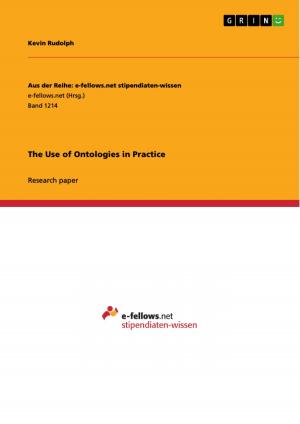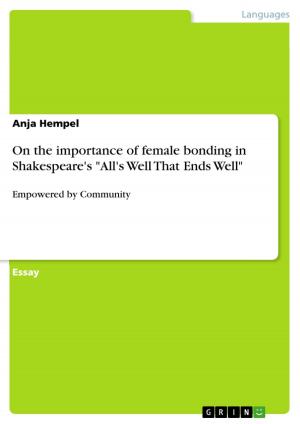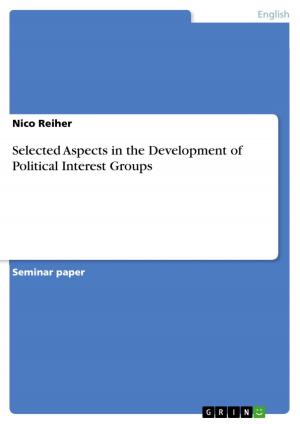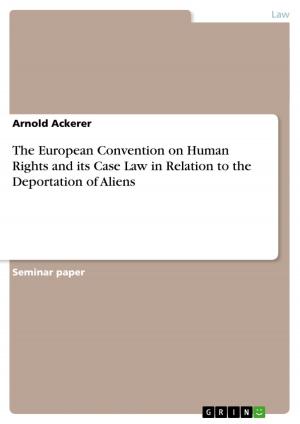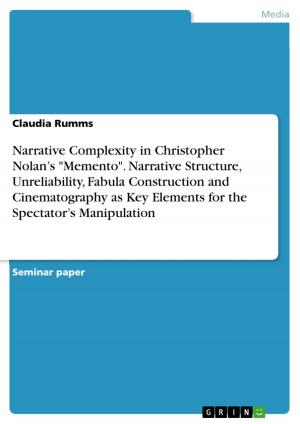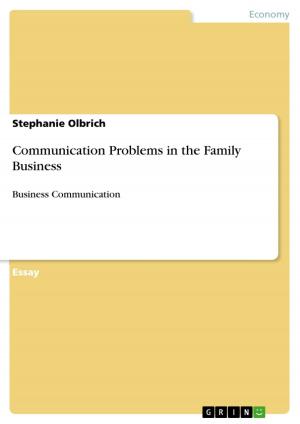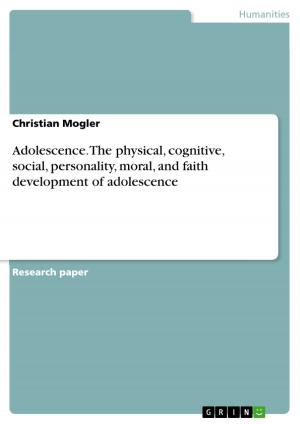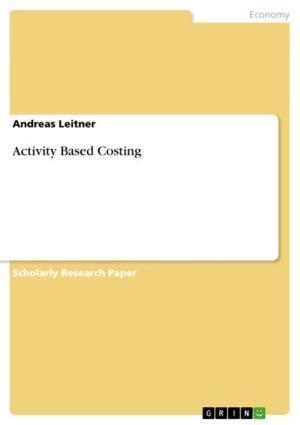Analysis of William Wordsworth's 'Upon Westminster Bridge'
Fiction & Literature, Literary Theory & Criticism, British| Author: | Stefan Küpper | ISBN: | 9783640573004 |
| Publisher: | GRIN Publishing | Publication: | March 23, 2010 |
| Imprint: | GRIN Publishing | Language: | English |
| Author: | Stefan Küpper |
| ISBN: | 9783640573004 |
| Publisher: | GRIN Publishing |
| Publication: | March 23, 2010 |
| Imprint: | GRIN Publishing |
| Language: | English |
Seminar paper from the year 2005 in the subject English Language and Literature Studies - Literature, grade: 1,3, University of Potsdam (Institut für Anglistik/Amerikanistik), course: Faith and Beauty: Varieties of Religious Poetry in English Literature, language: English, abstract: When William Wordsworth wrote 'Upon Westminster Bridge' in September 1802, London was the economical as well as political centre of England. London set the tone for nearly everything - fashion, worn in London, was imitated in other provincial towns. The city became a metropolis - a place of consumption. But on the other hand, London's big-city appearance had some unwelcome side effects. According to industrial production the city was covered by fog nearly everyday. Streets and other public places were noisy and dirty and a terrible smell, like in Paris at that time, must have filled the air. Many people neglected their religious belief and some of them might even have lost their belief in God. Wordsworth probably wanted to make people aware that there is something more than the big-city life which is connected with hard work for the lower classes and a life of decadence which the upper classes enjoyed.
Seminar paper from the year 2005 in the subject English Language and Literature Studies - Literature, grade: 1,3, University of Potsdam (Institut für Anglistik/Amerikanistik), course: Faith and Beauty: Varieties of Religious Poetry in English Literature, language: English, abstract: When William Wordsworth wrote 'Upon Westminster Bridge' in September 1802, London was the economical as well as political centre of England. London set the tone for nearly everything - fashion, worn in London, was imitated in other provincial towns. The city became a metropolis - a place of consumption. But on the other hand, London's big-city appearance had some unwelcome side effects. According to industrial production the city was covered by fog nearly everyday. Streets and other public places were noisy and dirty and a terrible smell, like in Paris at that time, must have filled the air. Many people neglected their religious belief and some of them might even have lost their belief in God. Wordsworth probably wanted to make people aware that there is something more than the big-city life which is connected with hard work for the lower classes and a life of decadence which the upper classes enjoyed.


